Connor Esterwood
Rethinking Trust Repair in Human-Robot Interaction
Jul 14, 2023

Abstract:As robots become increasingly prevalent in work-oriented collaborations, trust has emerged as a critical factor in their acceptance and effectiveness. However, trust is dynamic and can erode when mistakes are made. Despite emerging research on trust repair in human-robot interaction, significant questions remain about identifying reliable approaches to restoring trust in robots after trust violations occur. To address this problem, my research aims to identify effective strategies for designing robots capable of trust repair in human-robot interaction (HRI) and to explore the underlying mechanisms that make these strategies successful. This paper provides an overview of the fundamental concepts and key components of the trust repair process in HRI, as well as a summary of my current published work in this area. Additionally, I discuss the research questions that will guide my future work and the potential contributions that this research could make to the field.
Personality in Healthcare Human Robot Interaction (H-HRI): A Literature Review and Brief Critique
Aug 15, 2020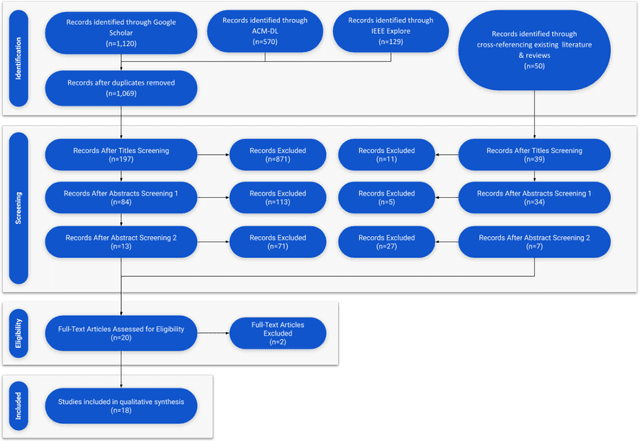
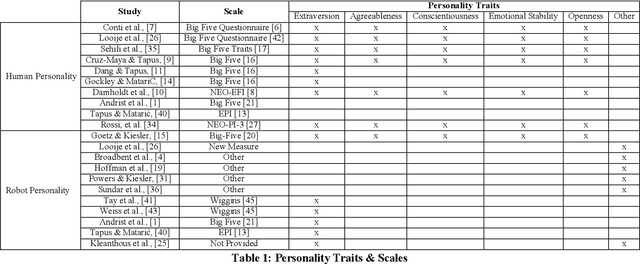
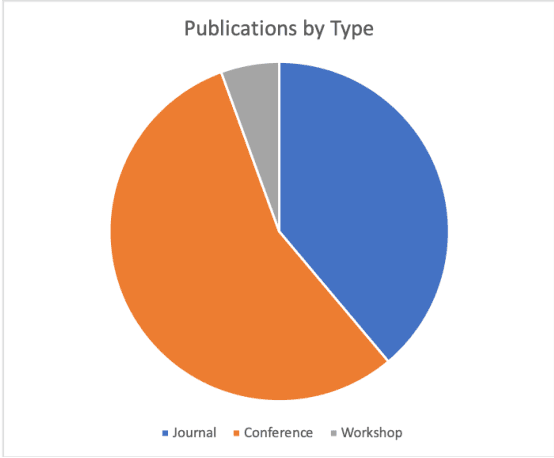
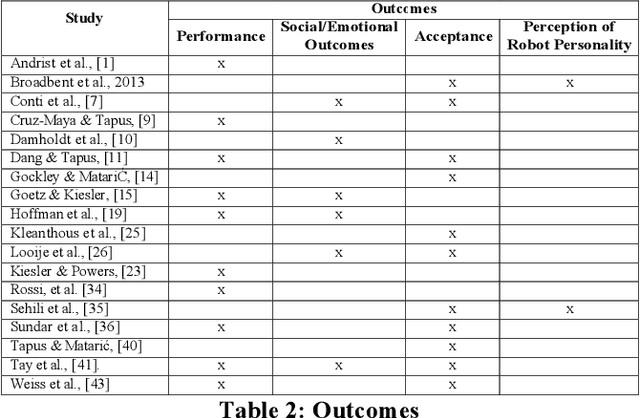
Abstract:Robots are becoming an important way to deliver health care, and personality is vital to understanding their effectiveness. Despite this, there is a lack of a systematic overarching understanding of personality in health care human robot interaction (H-HRI). To address this, the authors conducted a review that identified 18 studies on personality in H-HRI. This paper presents the results of that systematic literature review. Insights are derived from this review regarding the methodologies, outcomes, and samples utilized. The authors of this review discuss findings across this literature while identifying several gaps worthy of attention. Overall, this paper is an important starting point in understanding personality in H-HRI.
A Review of Personality in Human Robot Interactions
Feb 05, 2020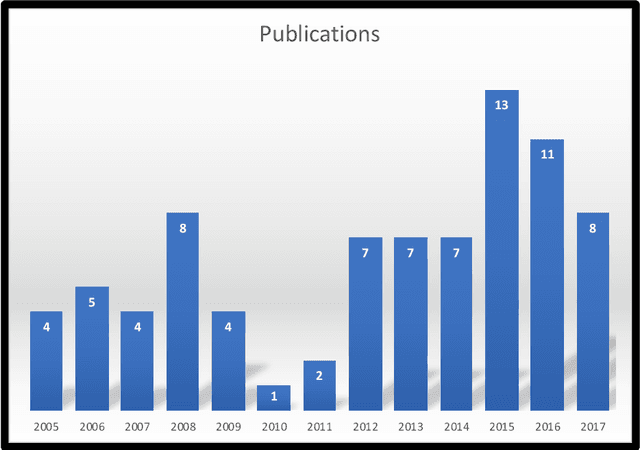
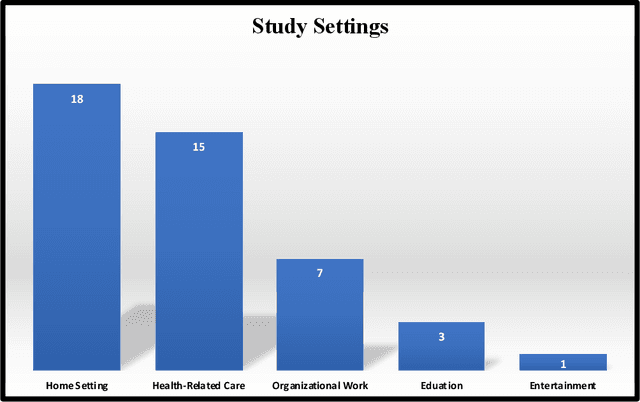
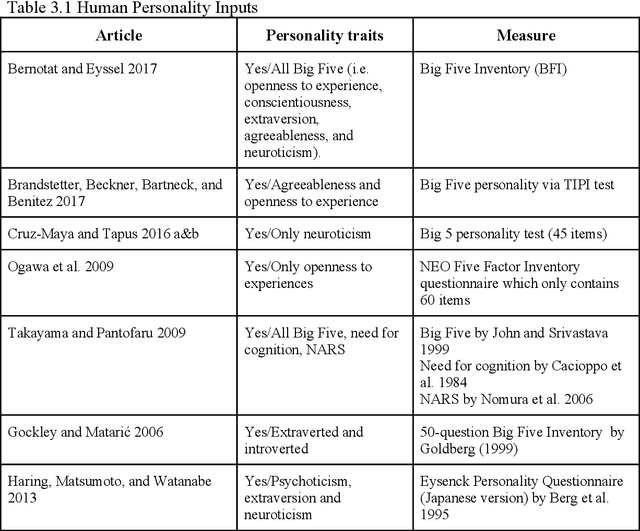
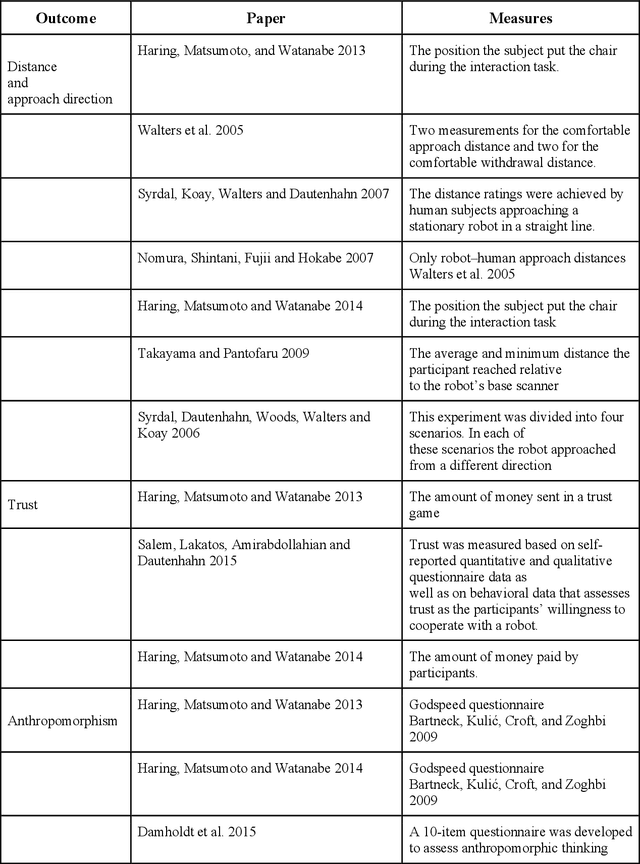
Abstract:Personality has been identified as a vital factor in understanding the quality of human robot interactions. Despite this the research in this area remains fragmented and lacks a coherent framework. This makes it difficult to understand what we know and identify what we do not. As a result our knowledge of personality in human robot interactions has not kept pace with the deployment of robots in organizations or in our broader society. To address this shortcoming, this paper reviews 83 articles and 84 separate studies to assess the current state of human robot personality research. This review: (1) highlights major thematic research areas, (2) identifies gaps in the literature, (3) derives and presents major conclusions from the literature and (4) offers guidance for future research.
An Automated Vehicle like Me? The Impact of Personality Similarities and Differences between Humans and AVs
Sep 11, 2019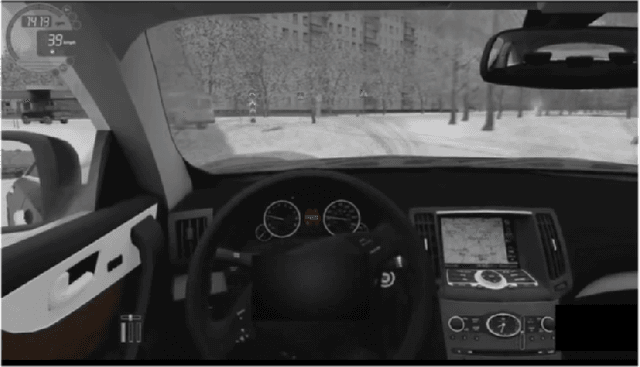
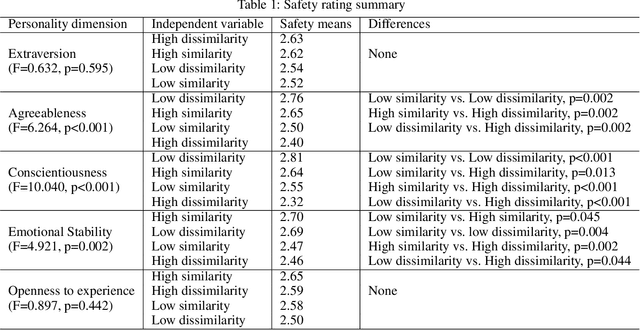
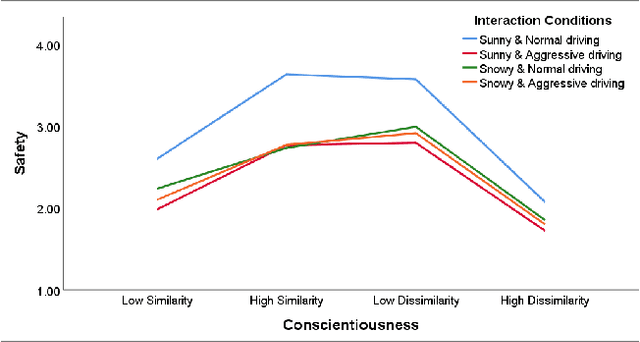
Abstract:To better understand the impacts of similarities and dissimilarities in human and AV personalities we conducted an experimental study with 443 individuals. Generally, similarities in human and AV personalities led to a higher perception of AV safety only when both were high in specific personality traits. Dissimilarities in human and AV personalities also yielded a higher perception of AV safety, but only when the AV was higher than the human in a particular personality trait.
 Add to Chrome
Add to Chrome Add to Firefox
Add to Firefox Add to Edge
Add to Edge